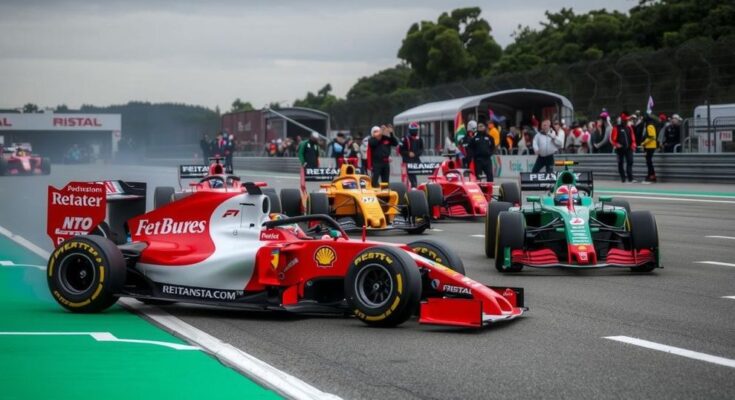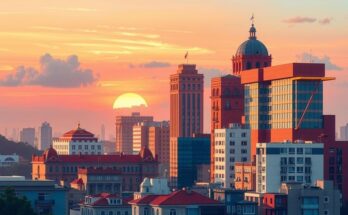Rwanda, South Africa, and Thailand’s aspirations to host Formula 1 races are inappropriate given their pressing socio-economic challenges. Despite enthusiasm from local officials, the financial viability of such events raises concerns, especially in nations with significant poverty and insufficient infrastructure. The proposal to prioritize local investment over extravagant F1 races highlights the need for a more responsible approach to international motorsport involvement in these countries.
The recent aspiration of Rwanda, South Africa, and Thailand to host Formula 1 races raises significant concerns, primarily due to the socio-economic conditions prevalent in these countries. While South Africa’s sports minister, Gayton McKenzie, advocates for a return of F1 to the continent, one must consider that these nations face pressing issues. Overwhelming poverty and inadequate infrastructure should take precedence over extravagant events such as Grand Prix races.
Despite the enthusiasm for F1, financial viability remains a critical concern. Previous attempts to revive the South African Grand Prix have been hampered by funding challenges, leading many to question the practicality of hosting such an expensive event when the majority of the population struggles for basic needs. Historical context reveals that motorsport is not particularly embedded in the cultures of Rwanda or Thailand, further complicating the relevance and support for such an initiative. Moreover, it is imperative to remember the harsh realities of economic thresholds in these regions, where citizens would prefer investment in essential services over lavish spectacles.
The discussion surrounding the potential hosting of Formula 1 races in Rwanda, South Africa, and Thailand occurs against the backdrop of significant economic difficulties faced by the majority of their populations. While there is a desire from officials like South Africa’s sports minister to bring F1 back to Africa, there are underlying issues such as widespread poverty and lack of essential infrastructure that challenge the rationale behind pursuing such expensive sporting events. The historical absence of motorsport culture in Rwanda and Thailand further exacerbates the inappropriateness of these locations for F1.
In conclusion, while the push to include Rwanda, South Africa, and Thailand in the F1 calendar presents an ambitious vision, it is essential to align priorities with the pressing social and economic realities of these countries. Formula 1 leadership should consider alternative approaches that prioritize local investment and accessibility rather than extravagant events that benefit a select few. Ultimately, the feasibility and appropriateness of hosting such a prestigious race in these regions must be critically evaluated in the context of local needs.
Original Source: www.gpblog.com




